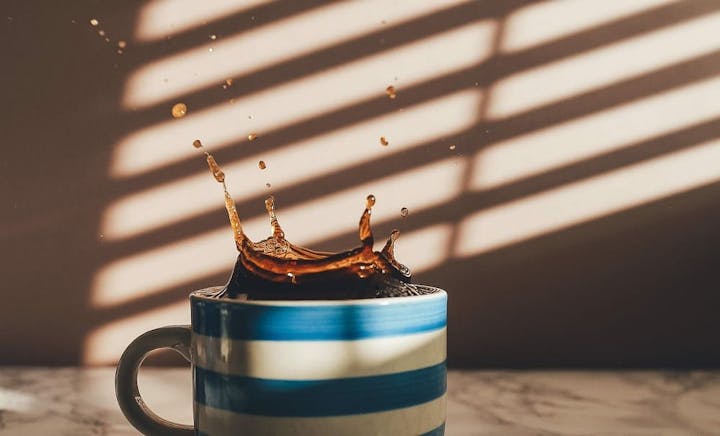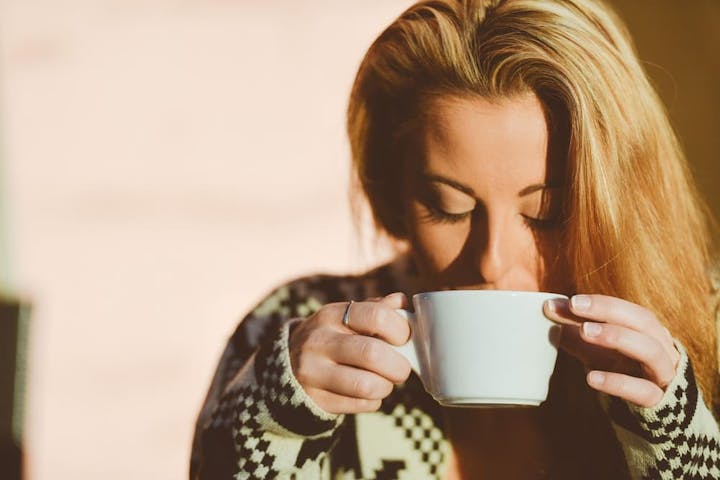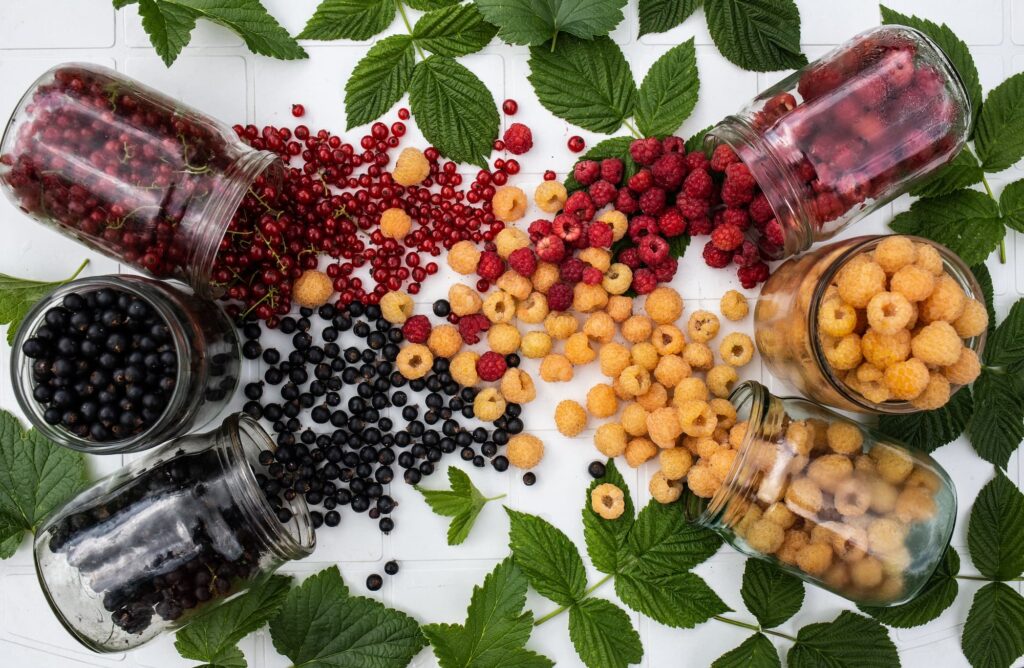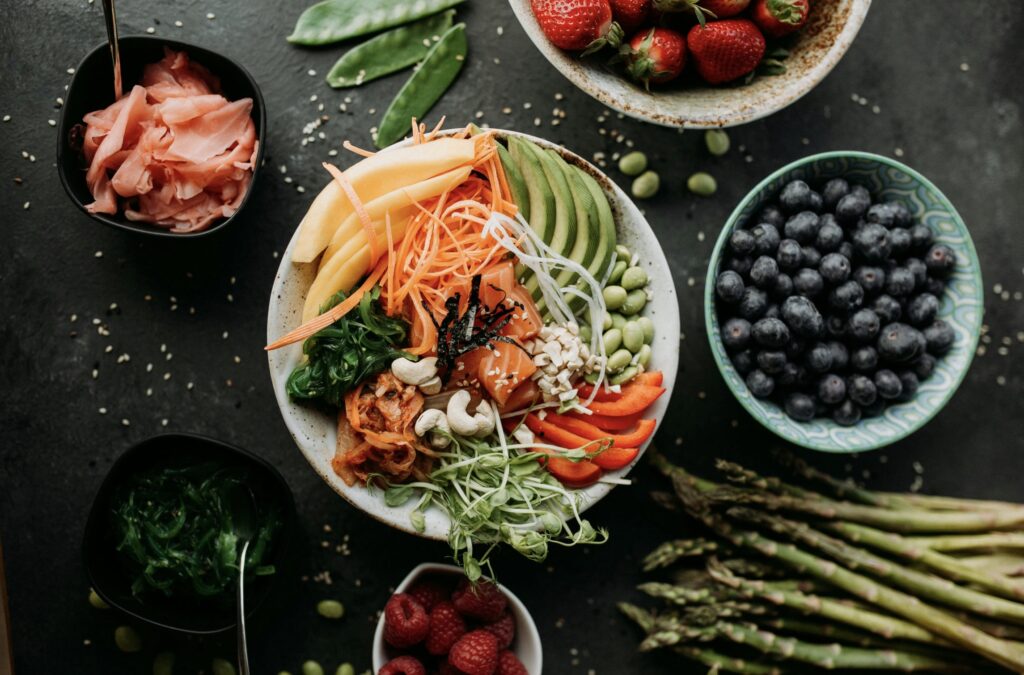Caffeine Amsterdam was one of, if not the most important international coffee trading center in the 18th century. In 1706, the first coffee samples and plants were shipped from Batavia to our city and further cultivated in the Hortus Botanicus. From there, they were sent to other European countries.
While coffee was initially an exotic and exclusive beverage, this caffeine-rich drink quickly became the number one popular beverage, displacing beer from its place. Today, drinking coffee is so deeply ingrained in our culture and daily life that consuming caffeine throughout the day is considered normal, perhaps without much thought, simply because it’s possible.

Coffee and sports
Coffee before exercising: should you do it or not? This is where we want to pause for a moment when it comes to sports and health. Caffeine, due to its stimulant effects, can have a beneficial impact on your performance during a workout. However, to truly benefit from the “cups of comfort,” you need to handle your coffee consumption tactically. As serious athletes, we should avoid mindlessly drinking coffee.
Several studies recommend a maximum of 2-4 cups per day. Consuming a larger quantity can increase the risk of heart and vascular diseases, and excessive caffeine intake can lead to negative effects. Some possible complaints from excessive use include anxiety, restlessness, and poor sleep, which are neither beneficial for your health nor your training.
The edeal time for coffee before exercising
Alright, but when should you have a cup? Caffeine enters your bloodstream within 3 to 4 minutes, and its effects peak between 30 and 75 minutes after consumption. Therefore, having an espresso, cold brew, or cappuccino in the morning or about an hour before your workout can provide you with more energy. The healthiest “pure” form of coffee is filtered coffee, followed by coffee from cups and pads, as the cafestol (a substance that increases LDL cholesterol and is therefore not good for blood vessels) remains in the filter in these forms of coffee.

Amount of caffeine per cup of coffee (and other beverages)
The amount of caffeine per cup and type of coffee can vary significantly. While 100 ml of filtered coffee contains around 70 milligrams of caffeine, the same amount of espresso contains approximately 130 milligrams of caffeine. All studies on this topic are focused on anhydrous caffeine, so not on decaffeinated coffee. However, it’s essential to note that caffeine is not limited to coffee! It can also be found in a cup of (green) tea, a glass of cola, chocolate, energy drinks, and some chewing gum or sweets. Pay attention to the overall balance of caffeine consumption alongside the coffee you drink.
If you want to determine the right dosage for yourself, calculate how many cups you’d like to have. We recommend doing this consciously. If you notice that you feel stressed, anxious, or have trouble sleeping during the day, it might be tempting to consume more coffee for extra focus or energy. However, try reducing or even abstaining from coffee for a while in such situations. You will notice that the calmness in your body can have a positive effect on your sleep quality and, consequently, on your focus throughout the day.
Experiment and be mindful of how coffee affects you so that you can make the choice that best suits you. Enjoy!

